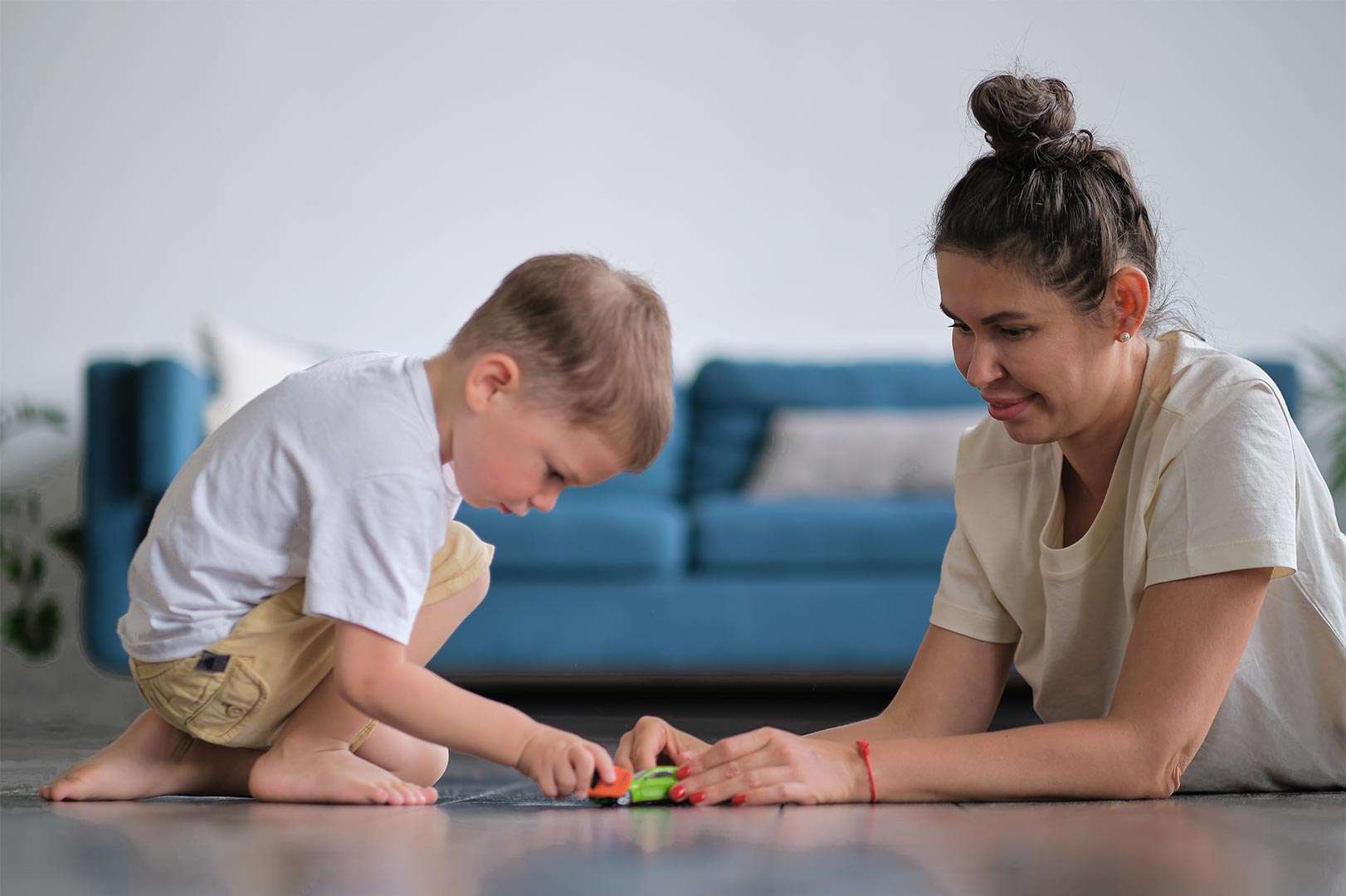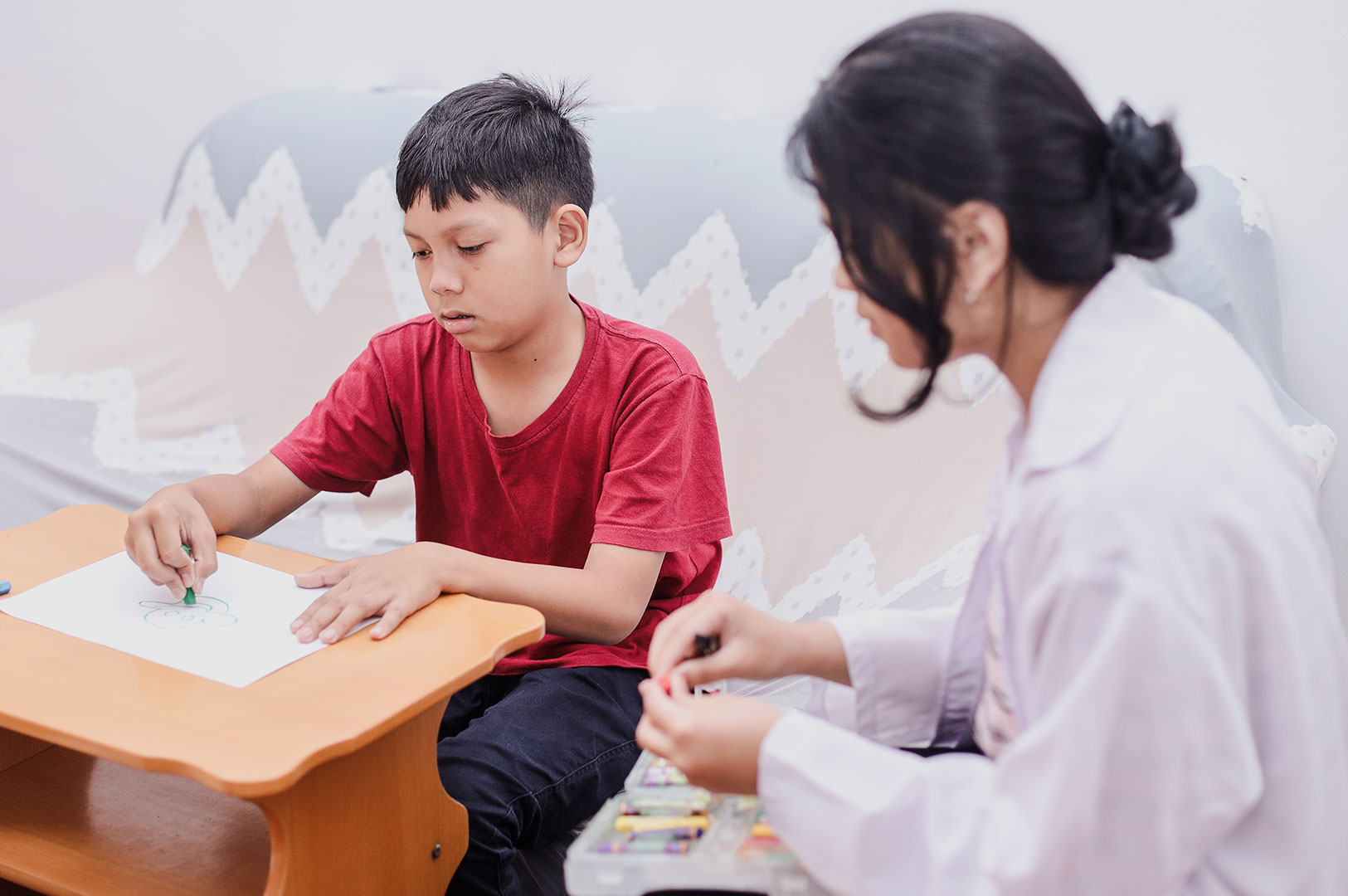My name is Sophaneth Heng, and I am a special education teacher who has been working with students with autism for over 10 years. I have seen firsthand the challenges that these children face, but I have also seen the incredible progress that they can make with the right support.
In this blog post, I will share some of the teaching methods that I have found to be most effective for students with autism. I will also discuss the importance of creating a sensory-friendly environment and using visual aids to help these children learn.
Creating a Sensory-Friendly Environment
One of the most important things that you can do to help a child with autism learn is to create a sensory-friendly environment. This means providing a space that is not too stimulating, with reduced noise and lighting. It is also important to be aware of the child’s individual sensory sensitivities and make adjustments as needed.
For example, if a child is sensitive to noise, you may want to use noise-canceling headphones or play calming music in the background. If a child is sensitive to light, you may want to use dimmer lights or blinds to block out the sun.
Using Visual Aids
Visual aids can be a great way to help children with autism learn. These aids can provide a concrete representation of a concept or task, which can make it easier for the child to understand.
There are many different types of visual aids that you can use, such as:
- Picture cards: These cards can be used to represent objects, actions, or concepts.
- Social stories: These stories are used to teach children about social skills and appropriate behavior.
- Graphic organizers: These organizers can be used to help children understand complex concepts.
Encouraging Social Interactions
Social interactions can be challenging for children with autism, but they are an important part of learning. There are a number of things that you can do to encourage social interactions, such as:
- Modeling appropriate social behavior: This means showing the child how to interact with others in a positive way.
- Providing opportunities for social play: This could involve playing with the child one-on-one or in a group setting.
- Using social stories: Social stories can help children understand the expectations of social situations.
Some of the most common challenges include:
- Social communication difficulties. Children with autism often have difficulty understanding and using social cues, such as eye contact, facial expressions, and body language. This can make it difficult for them to interact with others and make friends.
- Restricted interests and repetitive behaviors. Children with autism often become fixated on certain topics or activities, and they may engage in repetitive behaviors, such as hand-flapping or rocking. This can make it difficult for them to focus on learning and participate in activities.
- Sensory sensitivities. Children with autism may be sensitive to certain sounds, smells, or textures. This can make it difficult for them to tolerate certain environments or activities.
- Challenging behaviors. Some children with autism may exhibit challenging behaviors, such as aggression, self-injury, or tantrums. These behaviors can be disruptive and make it difficult for them to learn.
Despite these challenges, I’ve found that children with autism are incredibly intelligent and capable. They just learn in a different way than other children. As a teacher, it’s my job to find ways to reach them and help them reach their full potential.
Find out if your child needs extra support today!
- My child screams hysterically
- My child is mean to other children
- My child is always worried
- My child is scared to go to school
- My child is scared of loud noises
- My child doesn’t know how to read
- My child is scared to play outside
- My child does not respond to his name
- My child always gets in trouble
- My child fights with other children
- My child doesn’t know how to count
If you are concerned about your child’s development, contact us for Assessments: Phone/Telegram: 077.455.993 – Telegram Link: https://t.me/OrbRom
If you are concerned about your child’s development, contact us for Assessments.
Phone/Telegram: 077.455.993 Link: https://t.me/OrbRom






Leave A Comment